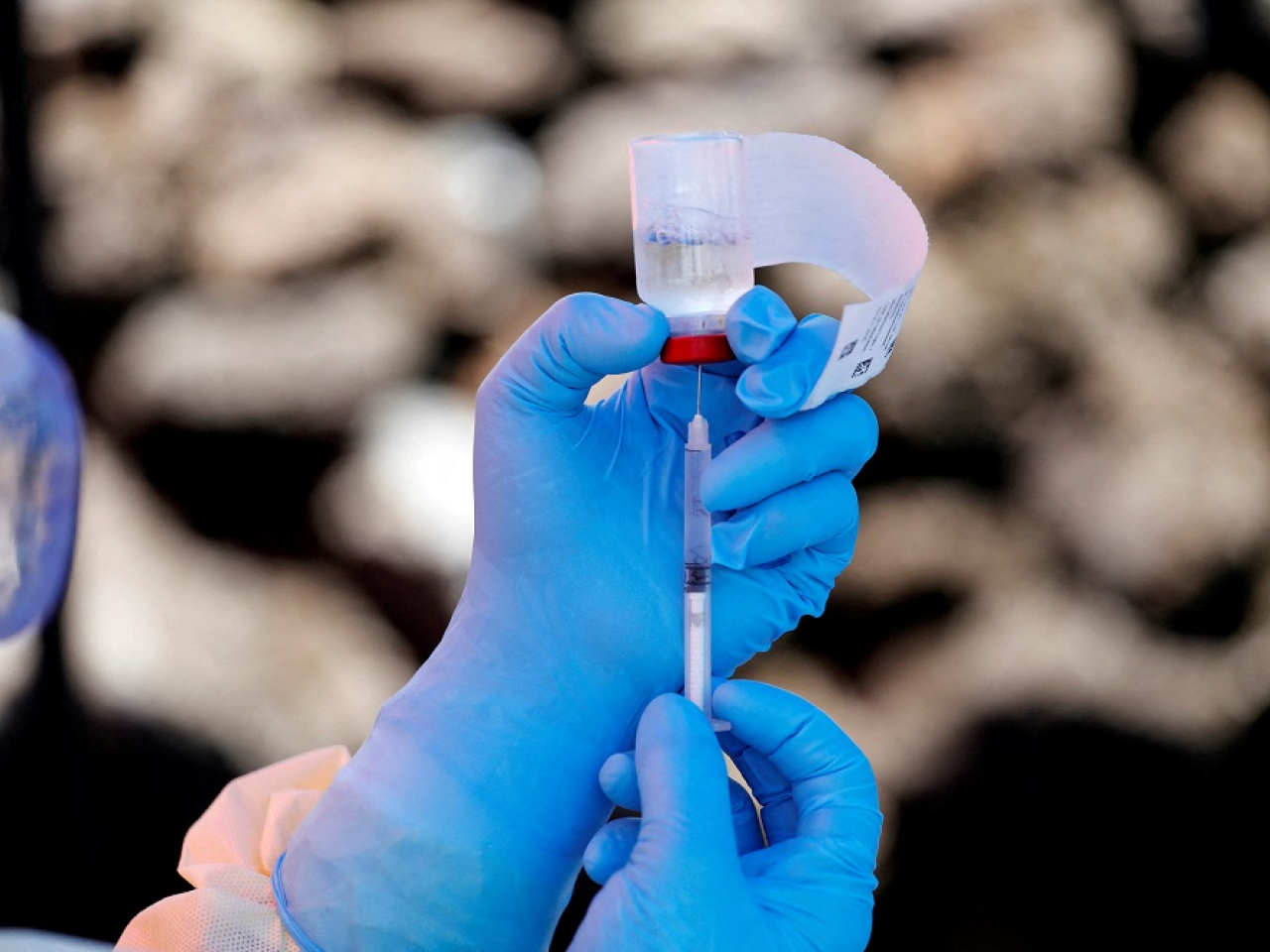UK researchers said on Wednesday they had slowed the progression of the fatal neural condition Huntington's disease for the first time with a groundbreaking new gene therapy.
Some patients who took part in early-stage clinical trials at University College London (UCL) saw the speed at which their condition developed reduced by 75 percent after three years, according to uniQure, a gene therapy company based in the Netherlands and the United States.
The study tested a new gene therapy, AMT-130, which is delivered through an injection directly into the brain.
Researchers said that AMT-130 works by permanently introducing new functional DNA into a patient's cells.
"This result changes everything," said the lead researcher, Ed Wild of UCL'S Huntington's Disease Centre.
"On the basis of these results it seems likely AMT-130 will be the first licensed treatment to slow Huntington's disease, which is truly world-changing stuff," he added.
Some 29 patients took part in the trial with the 12 who were given the highest dose experiencing the greatest slowing of the disease.
There is currently no cure for Huntington's, a fatal neurodegenerative disease caused by a single genetic mutation.
Around 8,000 people in the UK live with the condition, which affects movement, thinking and mood.
Wild said the patients who took part in the trial were now stable "in a way I'm not used to seeing in Huntington's disease."
"One of them is my only medically retired Huntington's disease patient who has been able to go back to work," he added.
Professor Mike Hanna, director of the UCL Queen Square Institute of Neurology, hailed the results as a "new chapter in gene therapy development for Huntington's disease" with "clear relevance" for other neurodegenerative disorders.
UniQure said it planned to submit an application to the US Food and Drug Administration early next year requesting accelerated approval to market the drug.
Applications to market it in the UK and in Europe would follow. (AFP)





